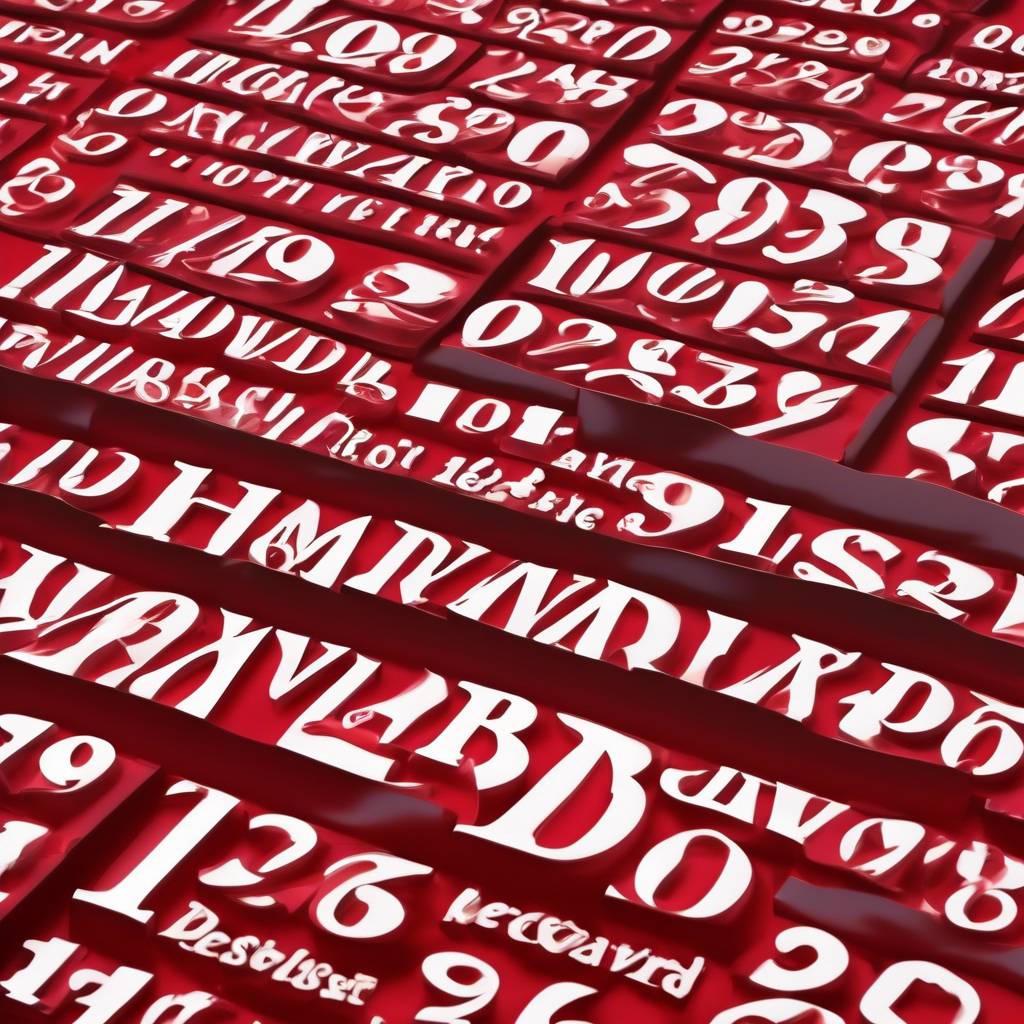The undergraduate applications to Harvard University for the class of 2028 decreased to a four-year low, indicating potential impact on the Ivy League school’s reputation during a period of turmoil. The figures are early indicators following the Supreme Court’s ruling on affirmative action, although demographic breakdowns are not included in the data. Despite a 5% decrease in applications to 54,008, Harvard’s total remains the fourth highest in its history, showing resilience compared to previous decades.
Harvard University admitted 1,937 students for the class of 2028, resulting in an acceptance rate of 3.58%, which is slightly higher than the previous year’s rate of 3.41%. The numbers suggest that demand to attend Harvard has not significantly weakened despite recent controversies on campus. Other Ivy League schools like the University of Pennsylvania and Columbia University have experienced an increase in applicants, indicating mixed responses to recent turbulence in higher education institutions.
Columbia University saw a 6% increase in applicants to reach 60,248, marking the third-highest number in its history. The university’s admission rate dropped slightly to 3.85% from 3.93% the previous year. Conversely, the University of Pennsylvania received the largest first-year applicant pool in its history with over 65,000 applicants. Controversies surrounding the universities, including issues related to antisemitism and genocide, have not deterred students from applying.
Cornell University admitted 5,139 students for the class of 2028 but did not disclose the number of applicants. These admissions figures are the first to reflect the impact of the US Supreme Court’s ruling against affirmative action in college admissions, particularly affecting Harvard and the University of North Carolina. Harvard remains under scrutiny from the House Education and Workforce Committee for potential campus antisemitism issues and alleged noncompliance with a subpoena for documents.
Harvard’s early applications for the class of 2028 dropped by 17% to four-year lows, while the acceptance rate increased to 8.7%. The timeline for early admission applications at Harvard preceded the controversies surrounding the university’s response to antisemitism and academic integrity scandals. The university’s leadership changes, including the resignation of the first Black president, Claudine Gay, and University of Pennsylvania’s former president Liz Magill, have also contributed to the evolving landscape of admissions and controversies in higher education institutions.








